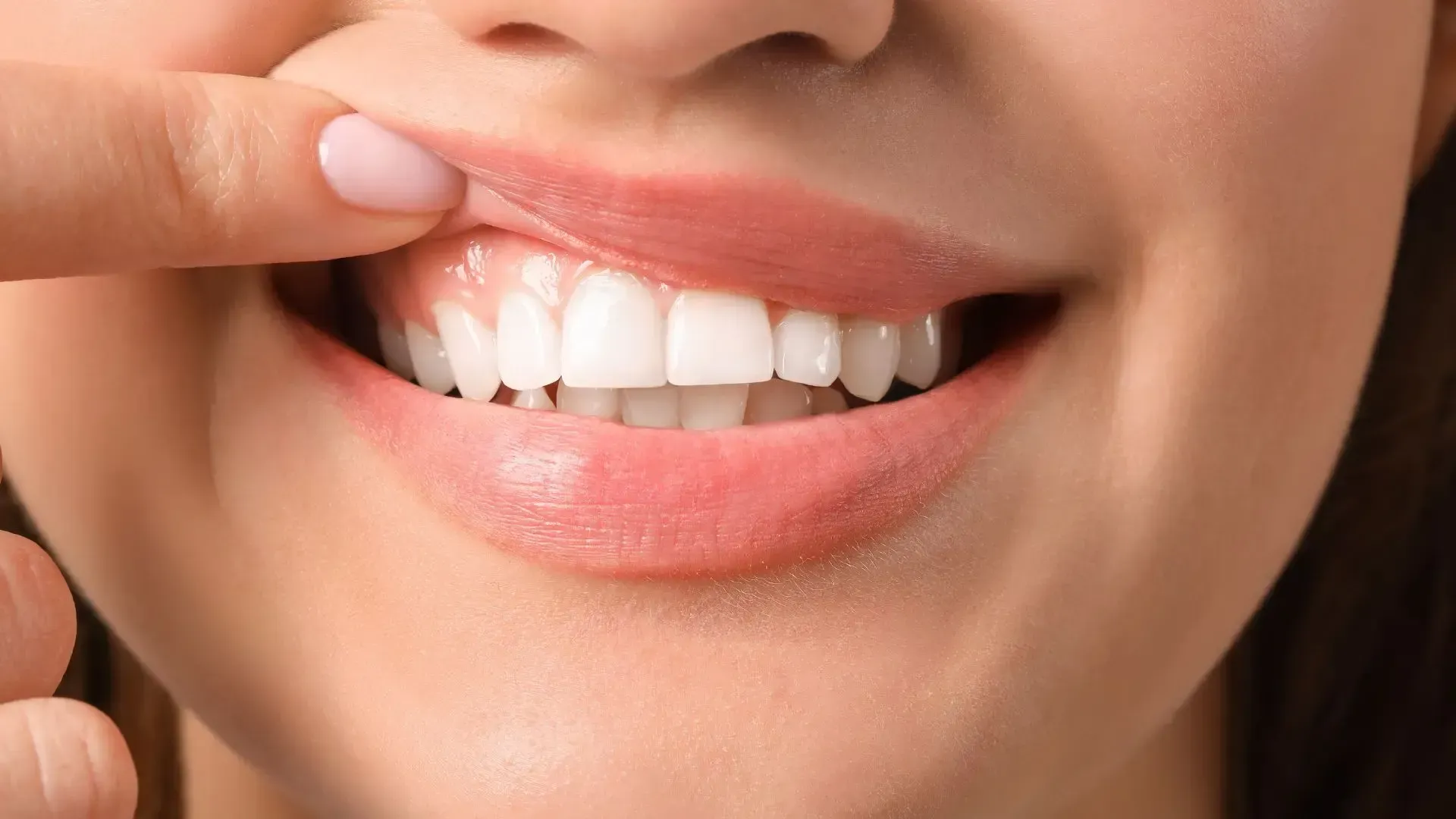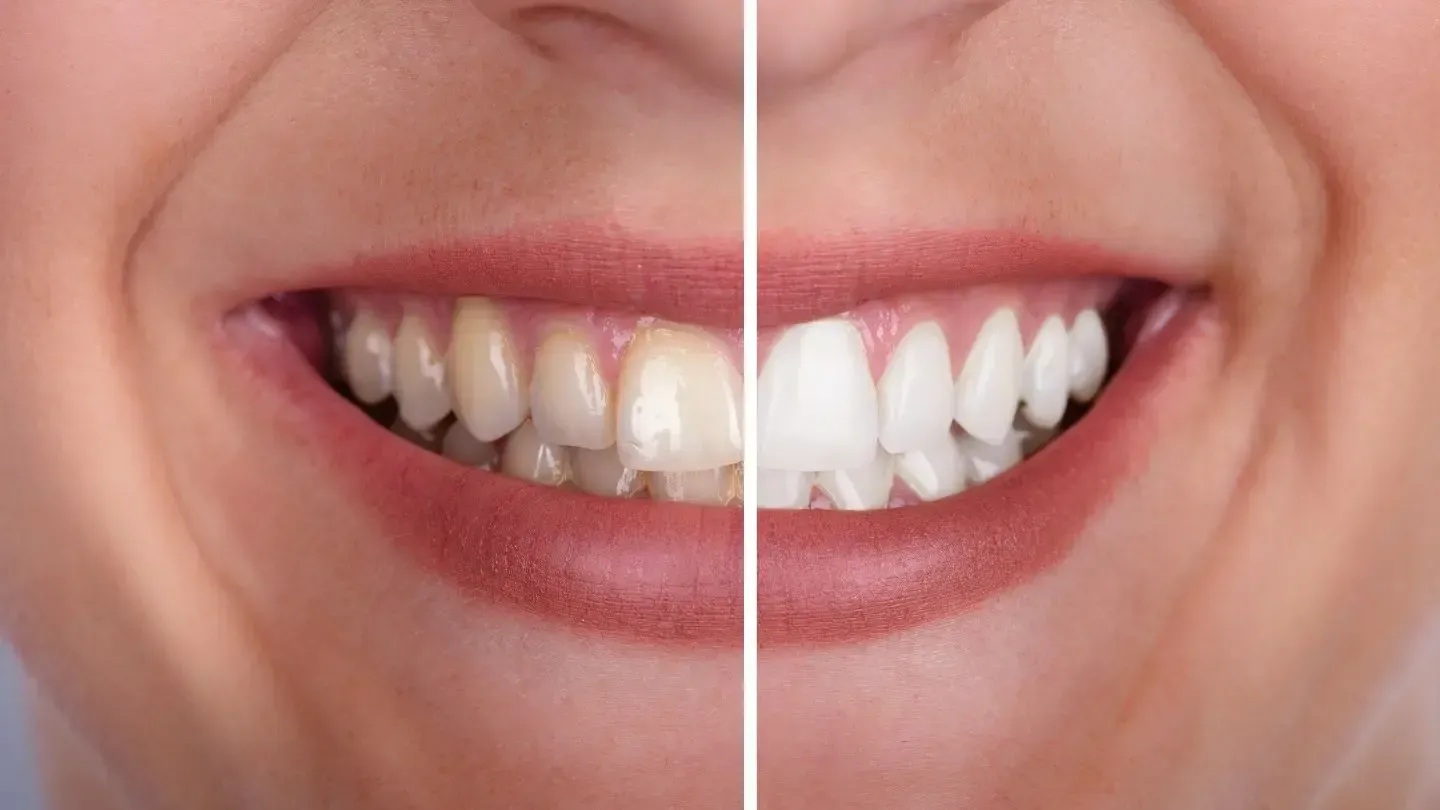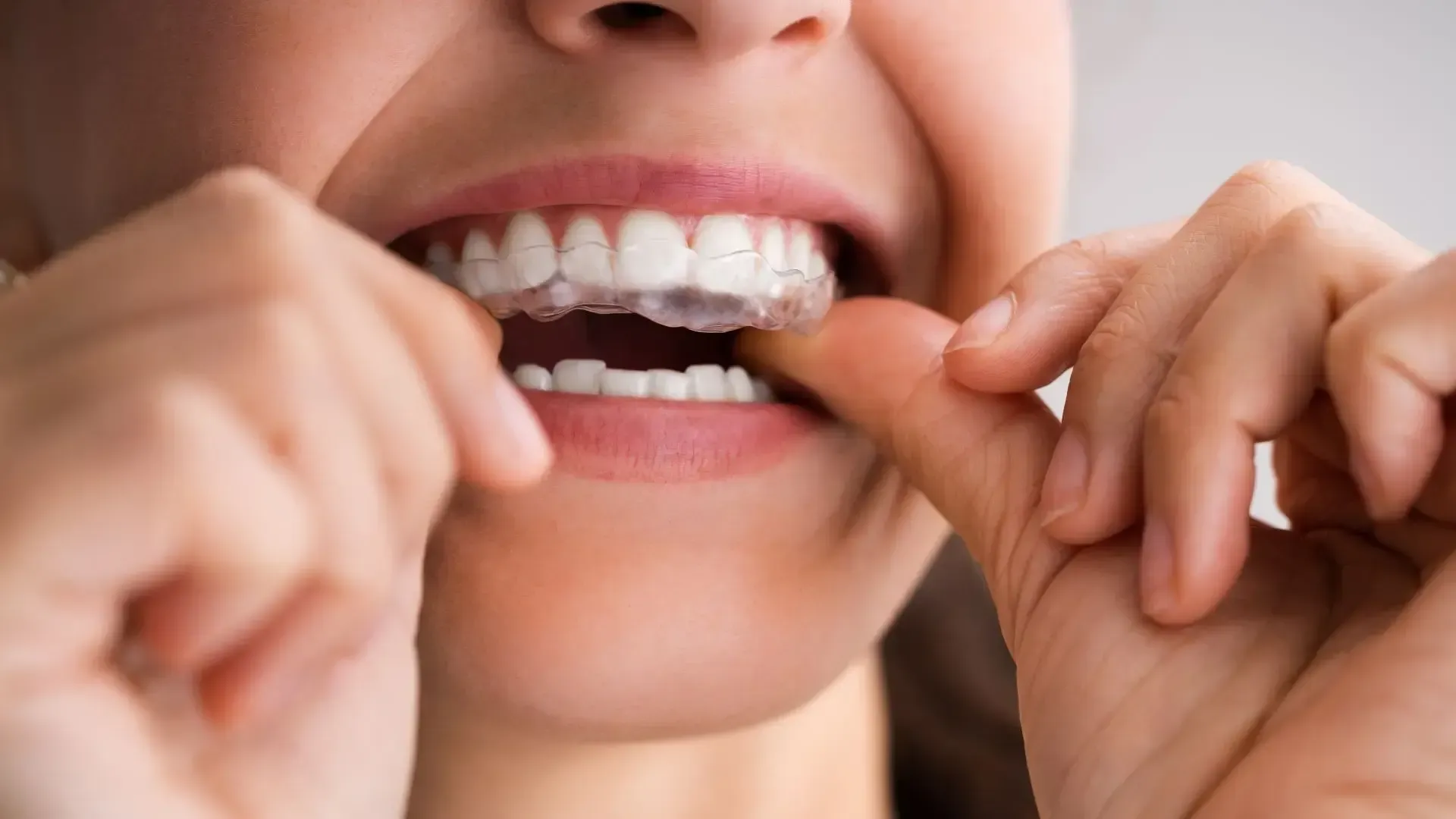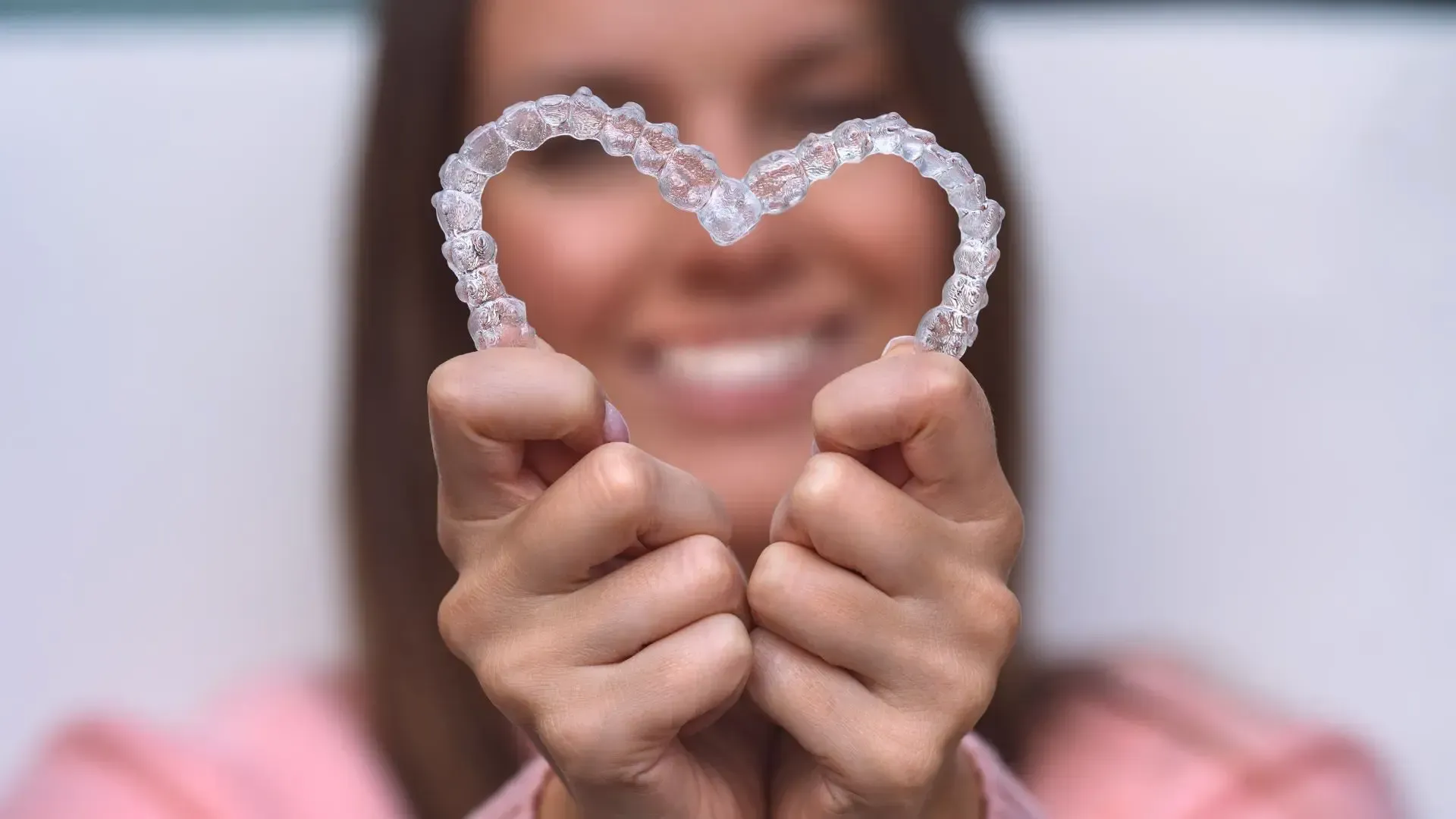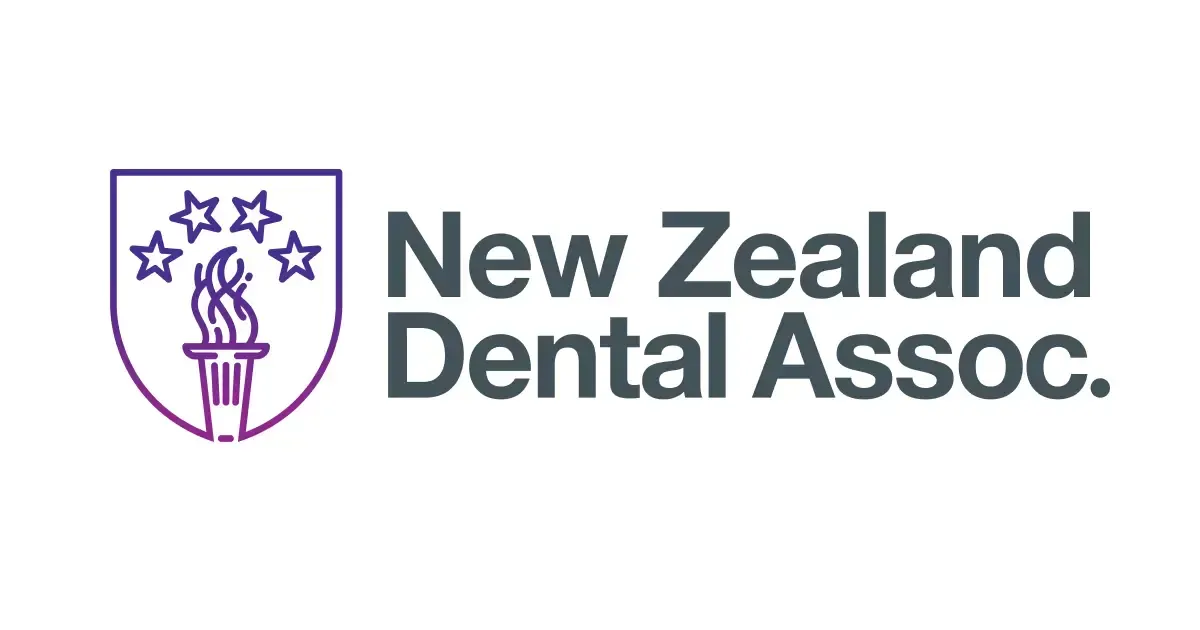Sip, smile, and savour: defeating tooth sensitivity with Duxton Dental

Does the thought of a bowl of ice-cream, indulging in a refreshing gin and tonic, or simply sipping a coffee, make you cringe? Tooth sensitivity is a common problem, and often underestimated. Seeking early intervention and help for sensitive teeth through quality dental care is paramount. You do not have to live under the cloud of sensitive teeth, and by getting your teeth checked out at one of Duxton Dental clinics in Christchurch, you can prevent your dental problems escalating – in pain and cost.
Symptoms of sensitive teeth
Sensitive teeth manifest in various ways, and recognising these symptoms is the first step towards seeking appropriate dental care to improve your oral health:
· Sharp pain: sudden, sharp pain when consuming hot, cold, sweet, or acidic foods and drinks.
· Discomfort while brushing: sensitivity triggered by brushing, especially with a toothbrush that has hard bristles.
· Painful gums: discomfort extending to the gums, making them sensitive to touch or pressure.
· Discomfort from air exposure: Sensitivity exacerbated by exposure to cold air, particularly during winter months.
Causes of sensitive teeth
Understanding the root causes of tooth sensitivity is essential for effective dental treatment.
Worn tooth enamel
Sensitive teeth can be caused by the gradual wear and tear of your tooth’s enamel. The erosion of this protective layer exposes the dentine – the home of thousands of microscopic tubules nerve endings that intricately connect to the pulp. The pulp, sensitive to various stimuli, interprets these signals as pain. Bruxism (teeth grinding) or clenching teeth are key culprits of wearing down enamel.
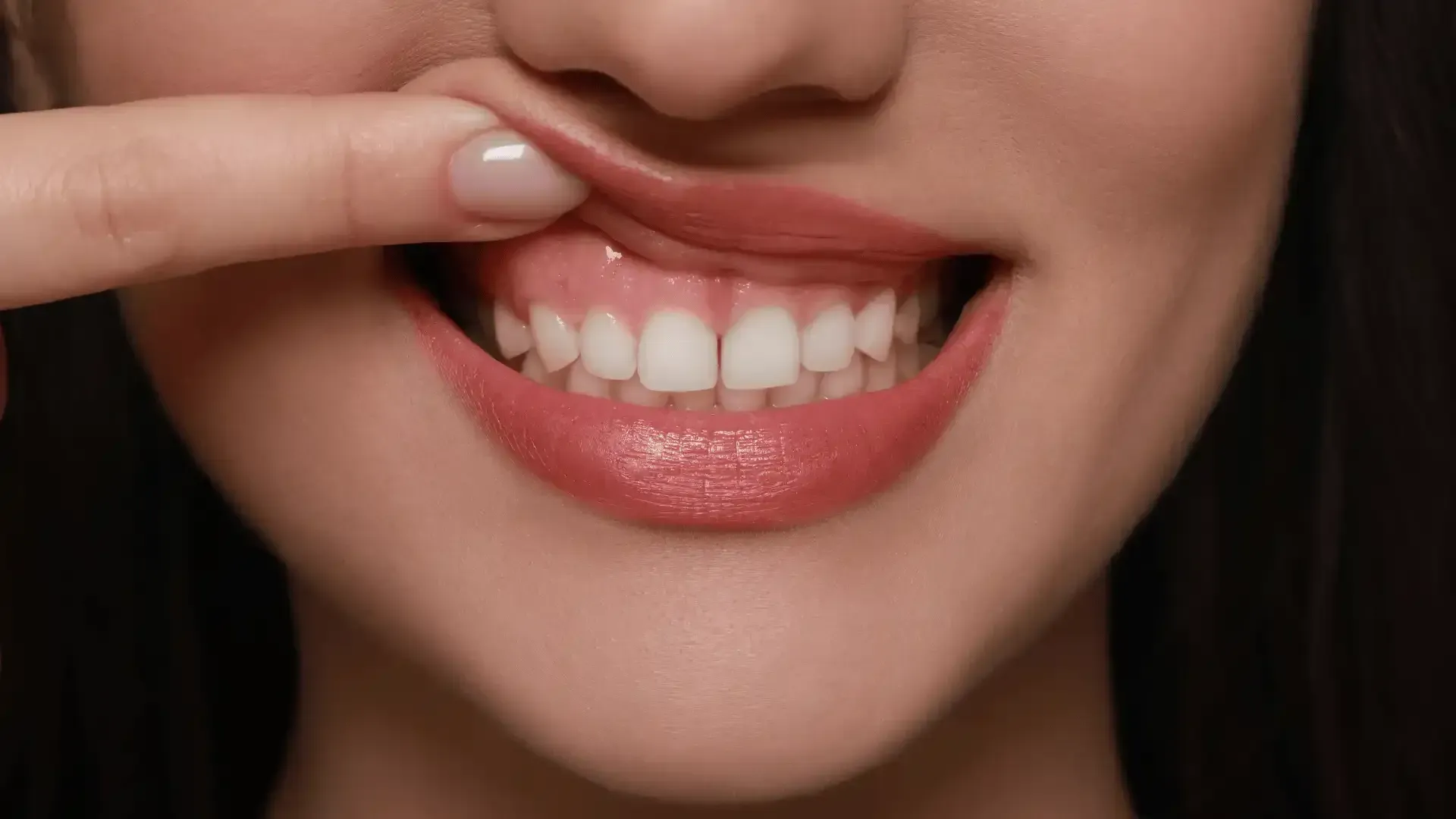
Gum recession
Several factors, ranging from the natural aging process to aggressive brushing techniques, can contribute to receding gums. Inadequate oral hygiene practices may result in gingivitis, where the gums become inflamed due to the accumulation of plaque bacteria. If left untreated, this inflammation progresses, leading to the gradual recession of the gums.
Tooth decay
Untreated tooth decay invariably leads to cavities that extend deep into the structure of the tooth, and into the tooth’s pulp or nerve. While the holes remain in the affected tooth, the bacteria that caused them can spread to other teeth which means pain can radiate to other teeth and eventually up the jaw.
Treatment and relief for sensitive teeth
Thankfully, sensitive teeth are effectively treated and managed by the best Riccarton dentists Christchurch.
Desensitising toothpaste: specialised desensitising toothpaste such as Sensodyne toothpaste or Toothmousse, blocks the pain signals to the nerve, providing relief over time. Make it a regular part of your oral care routine.
Dental crowns or fillings: if tooth decay is responsible for your sensitive teeth, your dentist in Riccarton may recommend crowns or fillings to stop the tooth pain.
Gum grafting: in severe cases of gum recession, a gum graft alleviates tooth sensitivity by covering the exposed tooth roots.
With the right dental care, you can address the underlying causes and regain a pain-free, confident smile. If you're experiencing sensitivity or have concerns about your oral health, schedule a visit to Duxton Dental clinic Christchurch for personalised dental treatment. Duxton Dental’s Riccarton team are highly qualified and experienced dental health care professionals who have access to the latest innovative dental technologies. This standard of quality dental care enables our patients’ oral health to be tracked, monitored and improved for proactive and preventative dental health. To book an appointment call 03 348 5488 or click here to send a message. Remember, a healthy smile is a happy smile!











